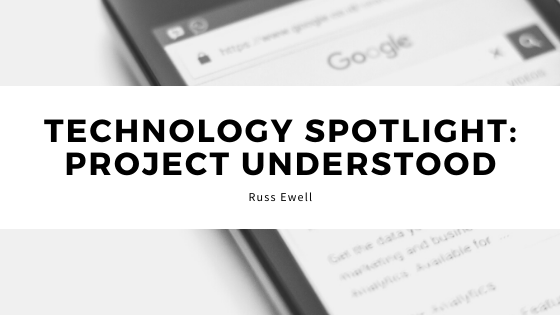Google is a seasoned pro when it comes to developing reliable and modern technology that promotes inclusion amongst all users. We are living in an era where voice technology is becoming the norm as pivotal software to assist users with a variety of tasks. Digital voice assistants like Google’s Assistant, Apple’s Siri, and Amazon’s Alexa have quickly become a necessity through all tech mediums like smartphones, tablets, and home devices.
However, the Canadian Down Syndrome Society (CDSS) noticed that voice technology can lack the capability to correctly understand and transmit the voices of individuals with Down Syndrome. The way that individuals with Down Syndrome speak can be anomalous compared to those without, making the software difficult to use. Although, it is likely that individuals with a number of disabilities would benefit from the technology the most.
With this mission in mind, the CDSS set forth to find partnership in one of these major tech companies to not only recognize the issue at hand but join them in developing a solution that they have named Project Understood. Google was quick to jump on board and, with the society’s help, is testing its technology.
The initial test was to record 1,700 words and phrases spoken by individuals with Down Syndrome. From there, researchers could analyze whether or not Google’s voice technology was able to learn from the repetitive input of this voice data. They started with about nine volunteers.
After the initial testing, researched could confirm that Google’s voice technology was able to understand about 2 of 3 words spoken by individuals with Down Syndrome and that it has the capabilities to learn more with further data. Now the project just needs to secure more volunteers to feed Google’s voice technology more data.
Google and the CDSS are now seeking to collect about a thousand different voices of individuals with Down Syndrome to donate their time to developing this dynamic software. Not only will this help teach the system to learn to recognize speech from individuals with Down Syndrome, but it should also benefit other individuals with disabilities or atypical speech.
Google and the Canadian Down Syndrome Society are just a few of a number of companies that are working to build a more inclusive future for individuals with disabilities. Voice recognition, along with other smart technologies, has the capability to enhance the lives of all users, no matter their differences.

